‘I’ve never known it like this’ – the UK’s struggle to get the Christmas turkey to the table
Poultry farmers and meat processors have struggled to cope due to Covid- and Brexit-induced staff shortages. But help may soon be at hand
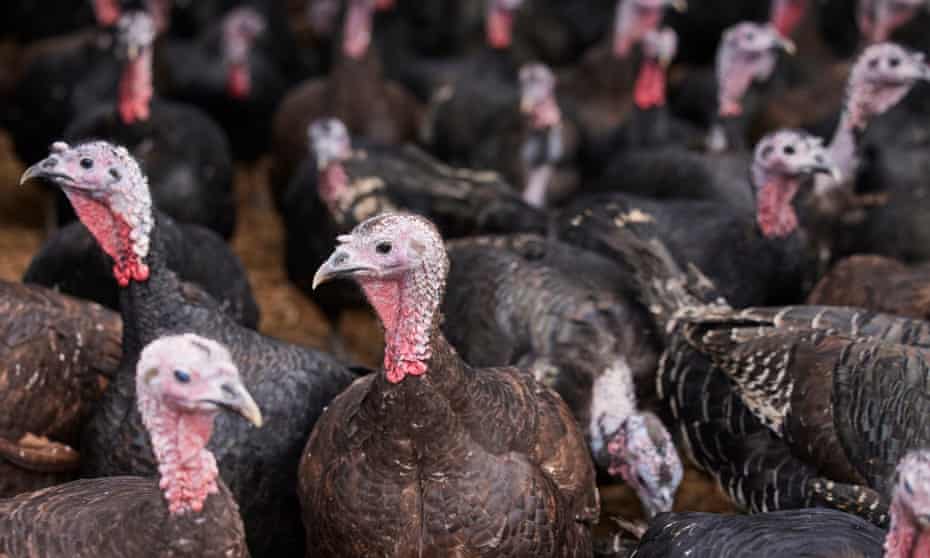
These are not just turkeys, these are the “Rolls-Royce of turkeys”. Landowner Robert Wynn, Lord Newborough, is gazing out over the rolling hills and green fields of his organic farm of the Rhug Estate near Corwen in north Wales, where the birds lead a suitably luxurious life, eating organic oats, beans and peas and listening to classical music.
The Thanksgiving and Christmas tables of local families, upmarket London restaurants and even exclusive Hong Kong hotels depend on receiving one of his 1,300 Norfolk Bronze and Hockenhull Black birds in time for their festive meal.
This autumn, Newborough has spent several stressful months worrying whether the birds he had so carefully reared would reach their final destinations, as acute staffing shortages across the UK poultry processing industry threatened millions of Christmas dinners.
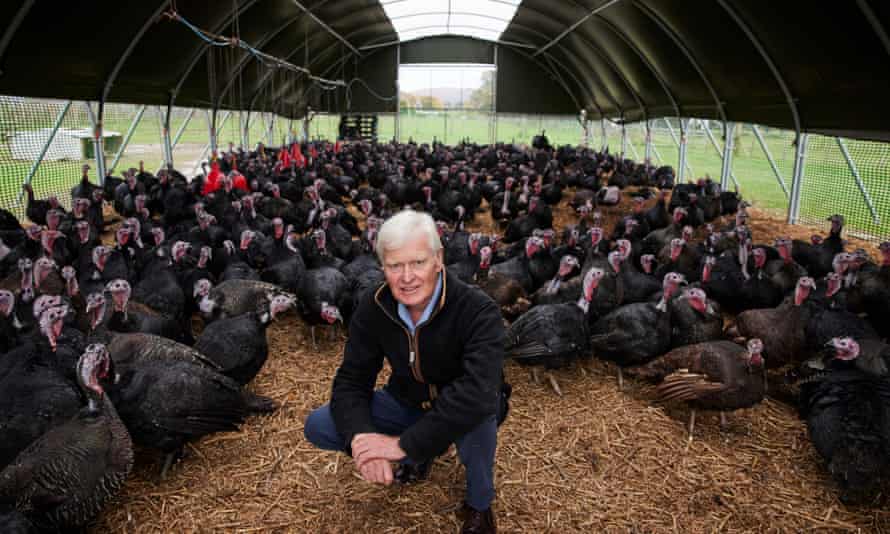
When their time comes, the turkeys are transported about 50 miles to Cheshire, where they are dispatched, plucked and packaged at Bailey’s Turkeys near Knutsford, which like many others has been struggling to fill vacancies and find the additional seasonal workers needed for the busiest time of year.
This weekend, 15 temporary staff are flying to the UK from Poland to spend six weeks at the processing plant run by Michael Bailey and his brother David, which is gearing up to process 2,000 birds a day. But the firm will have to make do with five fewer worker than usual.
Most of them are regulars, coming over year after year for the festive season. However, in the first Christmas since Brexit, and without permission to work in Britain, their annual journey proved far more complicated than ever before.
“We were asking and asking and asking. That is what we want, a seasonal poultry worker,” said Michael Bailey. “This is a seasonal demand such as fruit picking, hop picking.”
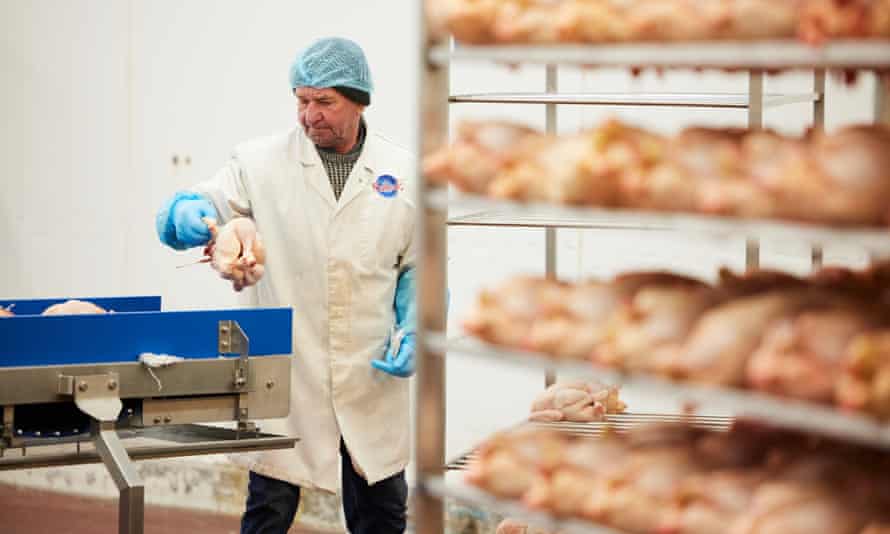
“We have a seasonal Christmas need for people for six weeks. That is not a realistic job for somebody, that is a six-week seasonal job; far better to bring somebody in to do that. Locals want a 12 months-a-year job, so we do need that flexibility to bring someone in.”
Thousands of additional workers are required by the meat processing sector to slaughter and prepare the 10m turkeys eaten in the UK every Christmas, at a time when companies already have significant numbers of vacancies, after EU workers returned home as a result of Brexit and Covid. Britain’s meat processing industry, which is two-thirds staffed by non-UK workers, is missing nearly 15% of its total 95,000-strong workforce.
However, despite pleas from industry, poultry processors were not included in the government’s seasonal agricultural workers visa pilot scheme, which allows 30,000 people from anywhere in the world, not just the EU, in to the UK – but only to work in edible horticulture, picking fruit and crops.
After the poultry processing industry sounded the alarm over what lack of staff would mean, warning that many families would end up without their Christmas turkey, the government U-turned and in October said it would allow 5,500 seasonal poultry workers into the UK until the end of the year, along with HGV drivers.
The warnings sent many shoppers rushing to supermarkets to buy a frozen bird to avoid disappointment come Christmas Day. Food retailers Iceland and Aldi have reported frozen turkeys flying out of the freezer far earlier than in previous years.
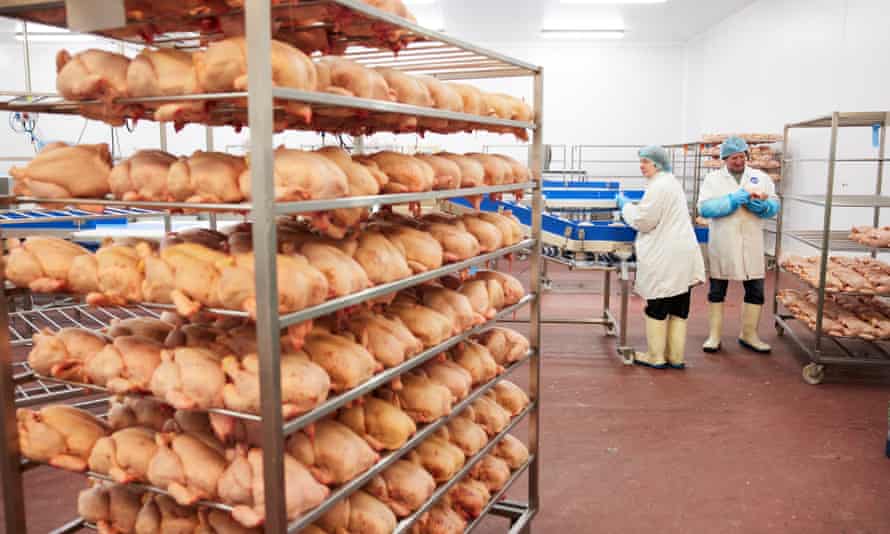
Bailey, who not only processes poultry but farms turkeys too, and is chair of the National Farmers’ Union’s turkey group, reported receiving his first inquiries from local butchers in September. “I have never known it like this,” he said of the business he has worked in all his life. “It’s quite weird to have people ringing up, saying: ‘You’ve got my birds, haven’t you?'”
Richard Griffiths, chief executive of the British Poultry Council, expects up to 3,000 temporary workers to arrive in the coming weeks on the seasonal scheme.
Even though the government decision came later than desired, it should allow the industry to keep operating during the busy period.
“These temporary visas got us over the line and I’m confident it will help and will just make everything a little bit easier,” Griffiths said. “We think we are still at a point where we may see less variety in products, but the overall quantity is there.”
Inside the chilly packing hall at Bailey’s Turkeys, workers in hairnets and white coats are warming up for the busiest time of the year.
Before the government U-turn, Bailey set about applying for settled status for his Polish temporary staff, even though they have no intention of moving to the UK or working in the country for more than a few weeks a year.
He describes the four-month process as “stressful”, which included various setbacks and was enough to put off five members of the usual cohort. Bailey also tried to fill the gap using the government’s labour providers accredited to find people for the temporary worker scheme, but drew a blank.
Despite having voted for Brexit, Bailey said he had hoped the government would have shown more understanding as the UK transitions to life outside the EU.
“They are taking a very hard line, and there is a consequence for that,” he said. “We have been very lucky over the last 20 years to have a good supply of eastern bloc labour; we could just pick the phone up and get as many staff as we wanted, good quality staff.”
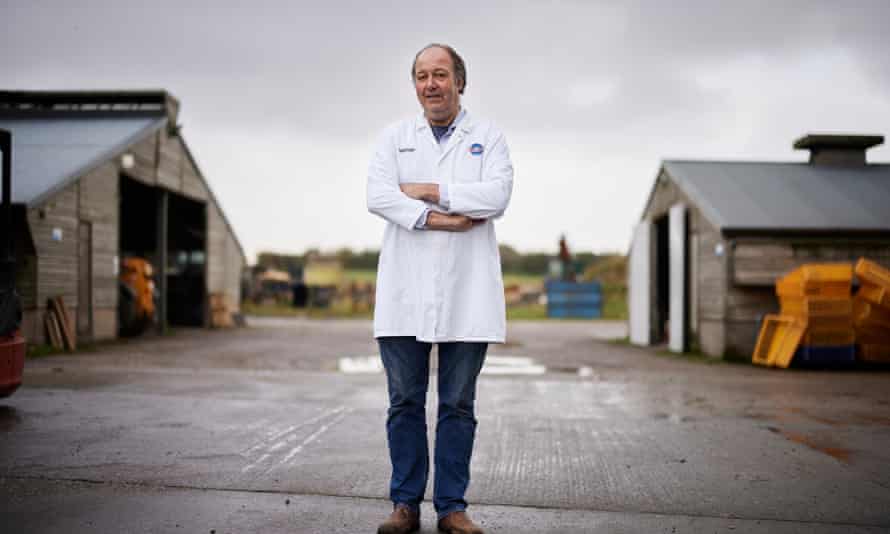
Despite having increased all staff wages by 15% over the past six months, Bailey said he has had little success recruiting local, British staff.
“We have tried in the past, we’re still trying. The problem is processing poultry is not seen as a progressive career move for youngsters and probably the industry has got to promote it better.”
Increased staffing and electricity costs mean Bailey has just hiked what he charges customers such as Newborough for slaughter, while he has seen farm gate prices for turkeys raised by between 7% and 10%.
Back on the Rhug Estate, Newborough is also facing the biggest storm of rising costs in his 15 years of raising turkeys, forcing him to increase the price of his premium product.
“Feed, fuel, machinery costs and now labour costs; we are being hit on many fronts,” he said. “Down the line this is going to cause food price inflation. We just put up prices 10% across the board but I anticipate we will still have margin erosion.”
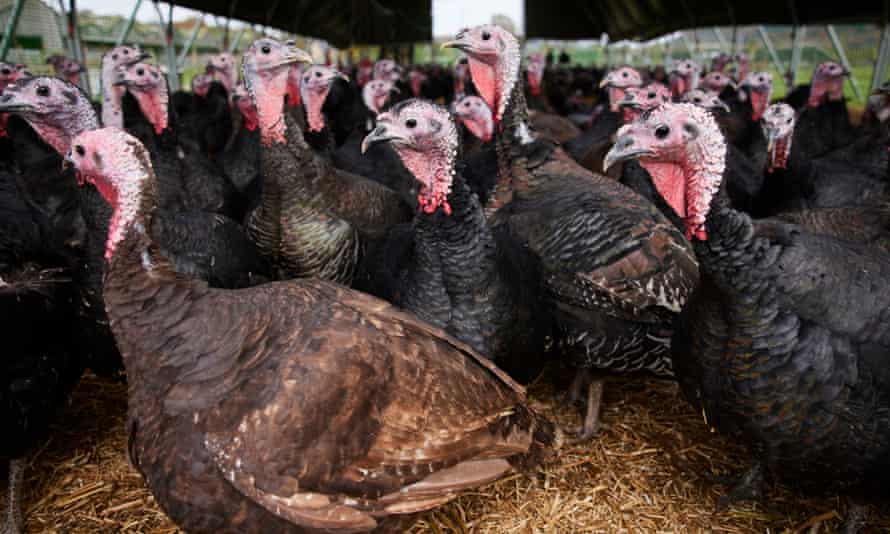
While the farm is running as usual, Newborough has struggled to find workers for the estate’s cafe, which was closed for several weeks, and is currently trying to recruit local retirees who want to work part-time.
Over in Cheshire, as Michael Bailey prepares to welcome his Polish workers, he is looking ahead to Christmas Day when he sits down to his own turkey meal.
“It’s always a big relief, we are all shattered, and have all the kids round the table,” he said. “Another year over, another season finished.”